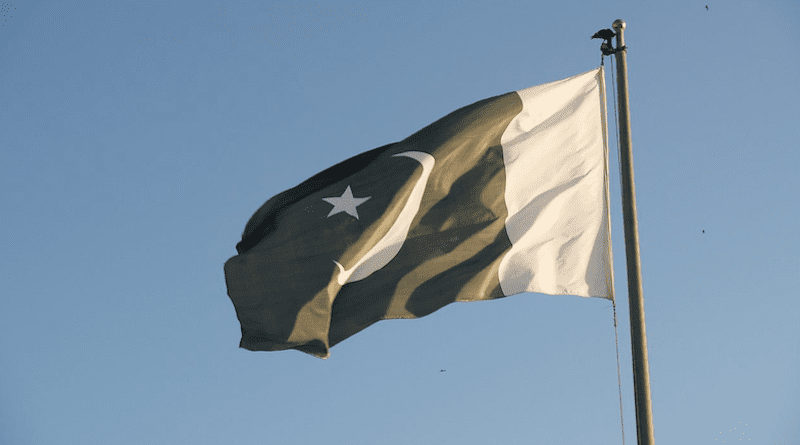Resilience And Resolve: Commemorating Pakistan Resolution Day – OpEd
The Lahore Resolution of 1940 was a watershed point in the history of the Indian Subcontinent, laying the groundwork for the creation of Pakistan. Originally known as the Lahore Resolution, it became more widely known as the Pakistan Resolution. This resolution, approved by the All India Muslim League at its 27th annual session in Lahore, advocated for Muslim self-rule in areas, where Muslims were the majority.
The concept of a separate nation for Muslims in India was not new. Sir Syed Ahmad Khan was the first to propose that Muslims and Hindus were two independent countries with unique ways of life. Muhammad Iqbal reinforced on this concept, calling for Muslim-majority provinces to be autonomous and self-governing.
Muhammad Ali Jinnah, the head of the Muslim League and the founder of Pakistan, was instrumental in promoting the concept of a separate Muslim state. He admired Iqbal as a political mentor and was inspired by his vision for India’s Muslims. Jinnah’s leadership and drive were critical in making the notion of Pakistan a reality.
The Lahore Resolution codified the concept of Pakistan by outlining the principles upon which the new nation would be founded. It proposed for Muslim-majority regions to have self-government and become “Independent States in which the constituent units shall be autonomous and sovereign.” In his address, Jinnah advocated for the ‘Two-Nation Theory,’ which held that Muslims were a separate nation with their own territory.
A.K. Fazlul Huq, often known as the Lion of Bengal, proposed the resolution during the Muslim League conference in Lahore. Jinnah’s address during the session provided direction to the Muslim League and served as a rallying cry for India’s Muslims. According to historian Stanley Wolpert, this was the point at which Jinnah changed himself into the ‘Great Leader’, or Quaid-e-Azam, as he is now remembered as.
Since the passage of the Lahore Resolution, Jinnah and the Muslim League grew in popularity, and so had their following. The decision effectively ended the notion of a unified India, as many Muslims rejected the Congress and sought a separate nation, where their religion and culture would be protected.
Pakistan is a country with resilient people. Pakistanis are cultured, pioneering, and creative, and they continue to work toward a bright and peaceful future. As we consider the Lahore Resolution and its significance, we are reminded of the sacrifices made by those, who came before us. We are reminded of Muhammad Ali Jinnah’s vision and leadership, which steered the nation through its early years. Pakistan Resolution Day serves as a reminder of the democratic, free, and equal ideals on which Pakistan was founded. It is a day to reaffirm our commitment to creating a Pakistan that is inclusive, progressive, and successful, one that reflects its founders’ vision.
As we commemorate the Pakistan Resolution, we not only salute the historic decision that laid the groundwork for our country, but also celebrate the unflinching dedication of our Law Enforcement Agencies (LEAs), whose sacrifices maintain our safety and security. We admire our bureaucracy’s tenacity and dedication to policymaking, as well as our judiciary’s critical role in defending the rule of law and providing justice for all, which is a crucial pillar in our nation’s success and stability.
We have emerged stronger and more determined each year as a result of our togetherness in the face of external and internal adversities. This togetherness, formed in the spirit of the Lahore Resolution, remains the foundation of our growth and will lead us to a better future. We stand as a witness to Pakistan’s founding ideals of democracy, freedom, and equality, and we will work together creating a nation that embraces these ideas in every facet of its existence.
Lahore Resolution of 1940 was a watershed milestone in the history of Indian Muslims. It laid the groundwork for the establishment of Pakistan and continues to represent the ambitions and desires of a people seeking freedom and self-determination. As we observe Pakistan Resolution Day, let us remember the sacrifices of the past and renew our commitment to building a better future for our nation.

